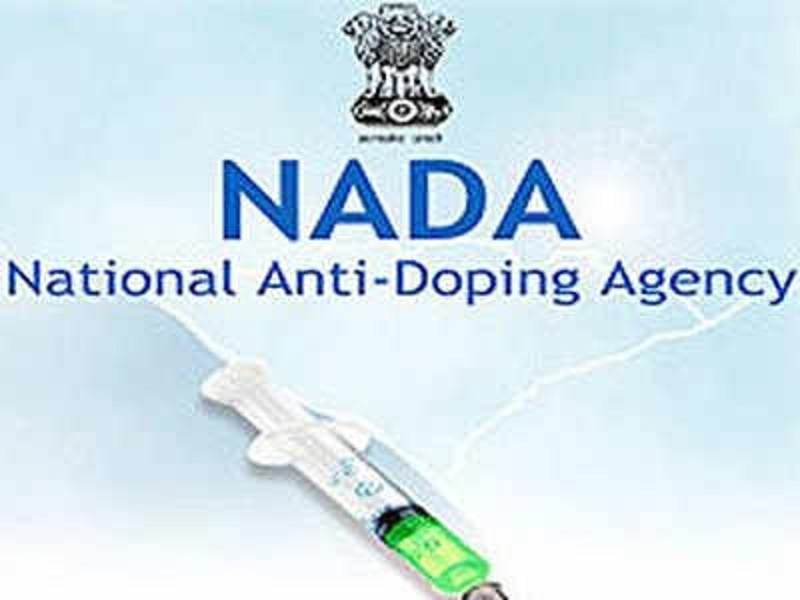NADA IN BCCI
| Date :12-Aug-2019 |

FINALLY the Board of Control for Cricket in India (BCCI) has come under the watchful eyes of National Anti-Doping Agency (NADA), an affiliate of the World Anti-doping agency. For years the cricket board has been resisting against coming under the ambit of the national anti-doping agency while rest of the sports federations had been subjected to the jurisdiction of NADA. While sportspersons in various disciplines were subjected to dope tests by NADA periodically, cricketers remained out of its ambit. BCCI managed to remain out of the purview of the anti-doping agency on the spacious ground that it was an autonomous body and did not receive any Government grant to be deemed as a sports federation unlike other sports federations receiving Government grant.
Now this contention has been rejected by the Government and has forced the BCCI to abide by the law of the land. The CEO of the BCCI too has agreed to abide by the law of the land. That means there will be no special concessions to BCCI or cricketers any more. The resistance of star cricketers in the national team from time to time to subject themselves to dope test by NADA on the spacious alibi that it infringed upon their privacy, became one of the major escape routes for the BCCI to refuse to be part of the NADA discipline.
NADA has been the only authorised agency mandated to conduct dope tests on sportspersons and clamp down on the unethical practice of using performance enhancing drugs by sportspersons. The BCCI questioned the NADA’s competence to bring out truthful results of its drug tests on athletes. However, the BCCI’s own leniency was exposed very recently when it allowed young cricketer Prithvi Shaw to participate in the IPL season and also was chosen in the national team for the ODI World Cup even though the player was found to have used a prohibited drug.
This shows how serious the BCCI is in tackling the menace of drugs that players use to enhance their performance. In fact even the International Cricket Council (ICC), the apex body of world cricket, does not seem to have taken the issue any seriously. That is why there is a general laxity in dealing with issues related to drug abuse in international cricket, while in other sports there is zero tolerance for drug abuse. Athletes found guilty of drug abuse have been routinely stripped of their titles, medals and have been punished with ban of varying periods. With this development there is likelihood of the cricket board being deemed as a sports federation and may even be brought under the ambit of the Right To Information Act. Of course this will not be to the liking of the BCCI.